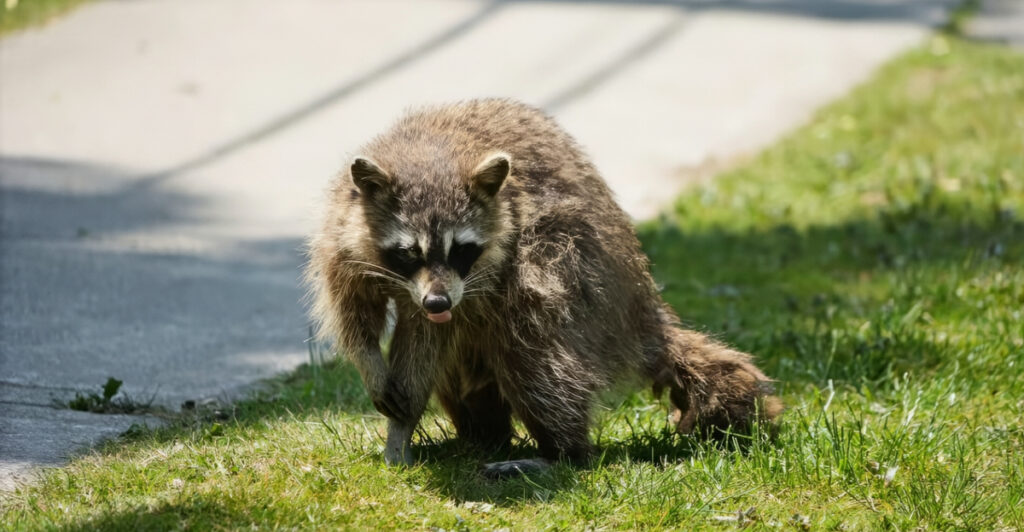
Raccoons, the clever and curious creatures often spotted scavenging in suburban trash cans, are surprisingly sensitive to certain smells. Understanding these repellent odors can save homeowners the hassle of dealing with these nocturnal invaders. According to 2024 statistics, urban raccoon populations have surged by 17% in North America, making pest prevention more important than ever. Below, we dive into the smells that raccoons can’t stand and how they can help protect your home
Ammonia tops the list as one of the most effective raccoon repellents. Its pungent, chemical odor mimics the scent of predator urine, signaling danger to raccoons. Experts recommend soaking rags in ammonia and placing them near trash cans or garden entry points. However, exercise caution—ammonia can be harmful to humans and pets if mishandled.
Vinegar: Nature’s Cleaning Agent

White vinegar is a household staple that doubles as a raccoon deterrent. Its sharp acidity irritates their sensitive noses, keeping them at bay. Spraying a diluted vinegar solution around decks, patios, or outdoor food sources is an eco-friendly way to discourage these critters without harming the environment.
Peppermint Oil: Fresh and Effective

Peppermint oil isn’t just for holiday candles—it’s a strong raccoon repellent. Studies in 2024 revealed that over 82% of pest control companies use peppermint oil-based sprays to deter raccoons. Add a few drops of the oil to cotton balls and scatter them around raccoon-prone areas for a humane solution.
Eucalyptus Oil: The Calming Scent Raccoons Hate

Although eucalyptus oil is soothing to humans, raccoons find its smell overwhelming. The oil’s potent fragrance disrupts their sensory receptors, pushing them to seek refuge elsewhere. Many gardeners swear by using eucalyptus-infused sprays to protect plants and compost bins.
Garlic: A Kitchen Staple That Works Wonders
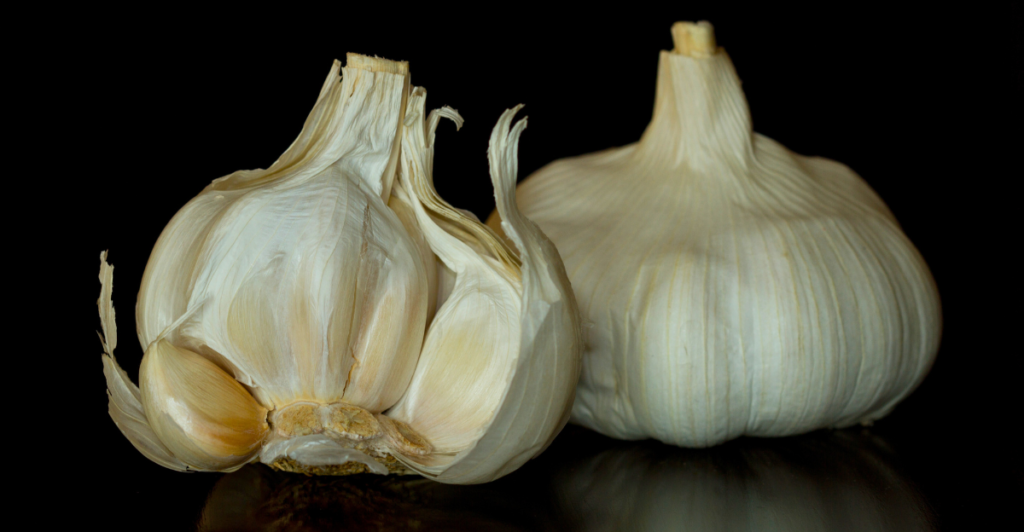
Raccoons detest the pungent aroma of garlic. Crushing a few cloves and sprinkling the pieces around problem areas is a simple yet effective deterrent. For a more robust solution, mix garlic with water to create a spray that can be applied to outdoor surfaces.
Cayenne Pepper: A Fiery Solution

The capsaicin in cayenne pepper irritates a raccoon’s sensitive nasal passages. Sprinkle the spice liberally around gardens, trash bins, or any area you want to protect. Pest control experts suggest pairing cayenne pepper with garlic for a double-layer defense that is both affordable and effective.
Mothballs: A Traditional Approach
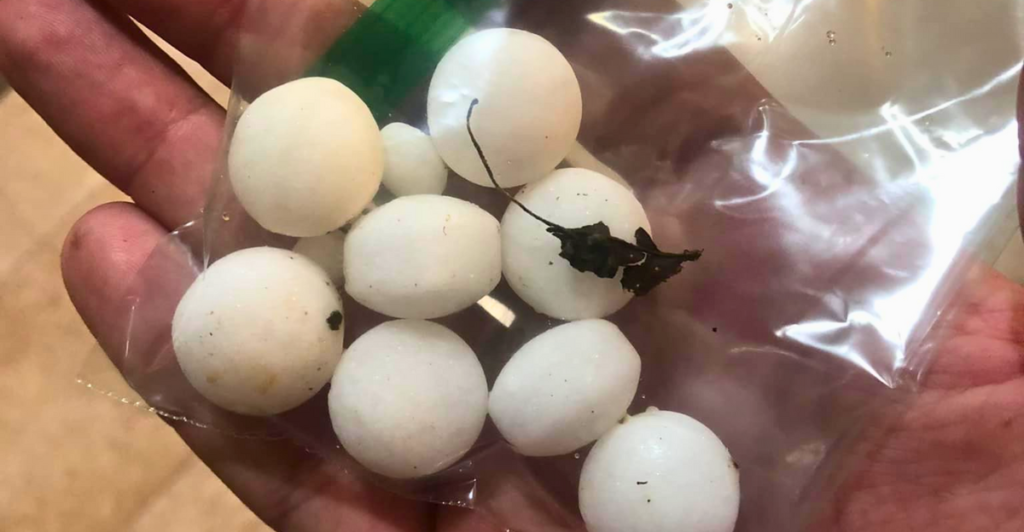
While mothballs have been used for decades as a pest repellent, their chemical smell is particularly off-putting to raccoons. Place mothballs in mesh bags near raccoon entry points, but be aware that they can be toxic to pets and children. Modern alternatives, like cedar-based repellents, offer safer options.
Coffee Grounds: A Surprising Ally
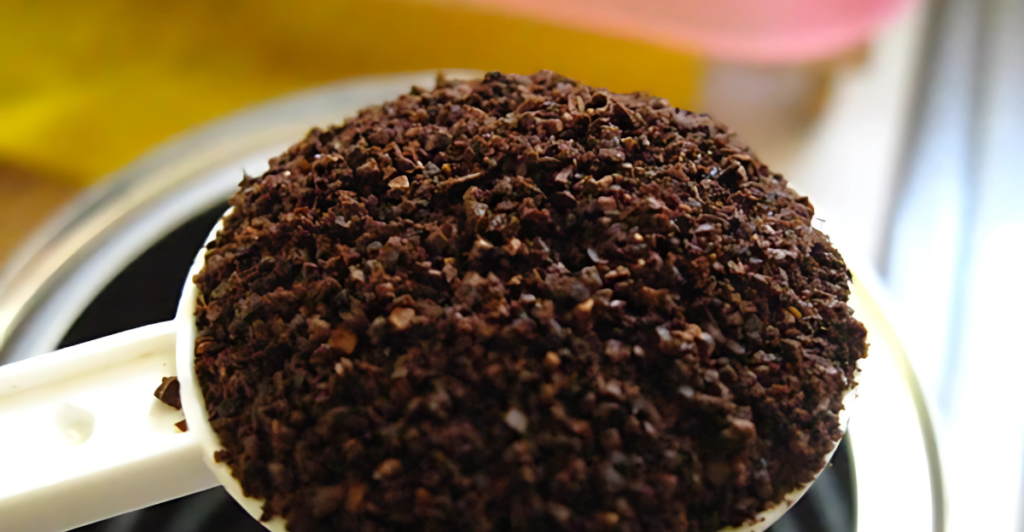
Coffee grounds, often discarded as waste, are a natural raccoon deterrent. Their bitter aroma masks the smell of potential food sources. Recycling used coffee grounds as mulch in gardens or spreading them near trash bins has become a popular strategy among eco-conscious homeowners.
Citronella: Beyond Mosquito Control
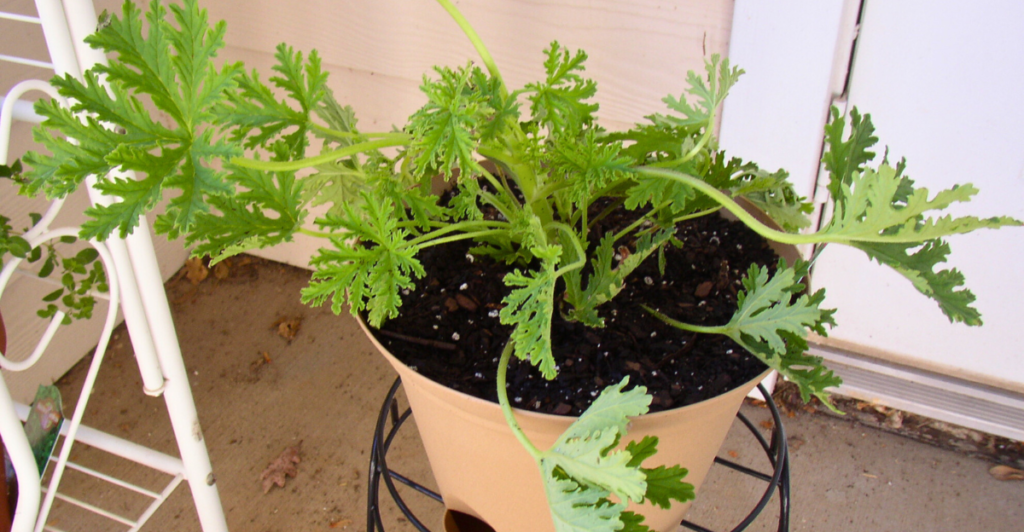
While citronella is widely known for repelling mosquitoes, its citrusy smell is also highly effective against raccoons. Citronella candles and sprays create a protective barrier, particularly around outdoor dining areas and camping sites.
Lavender: Lovely to Humans, Hated by Raccoons
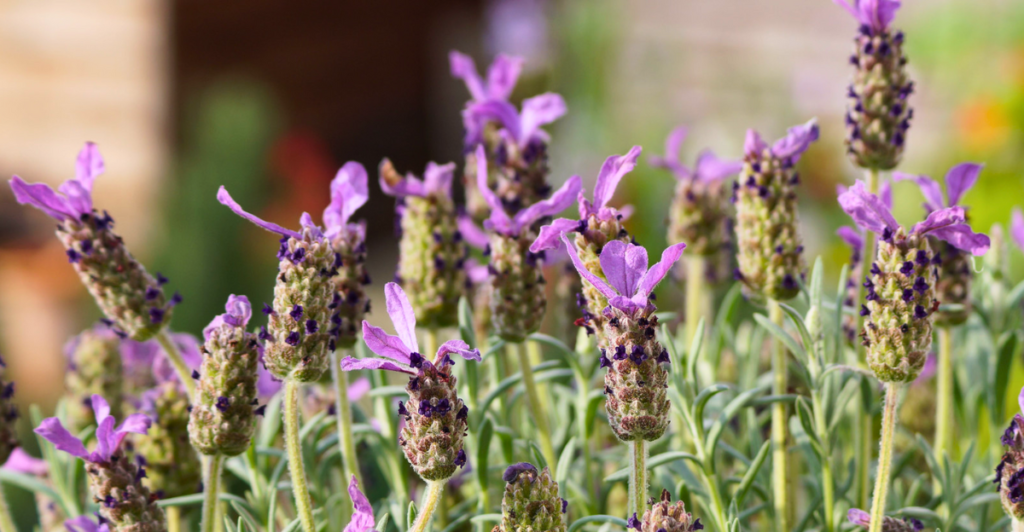
The floral scent of lavender, while calming to humans, acts as a deterrent to raccoons. Planting lavender bushes or using lavender essential oil in spray form can keep these pests from venturing too close. Additionally, lavender serves as a dual-purpose solution by repelling other garden pests.
Onion: The Sharp and Unforgiving Scent
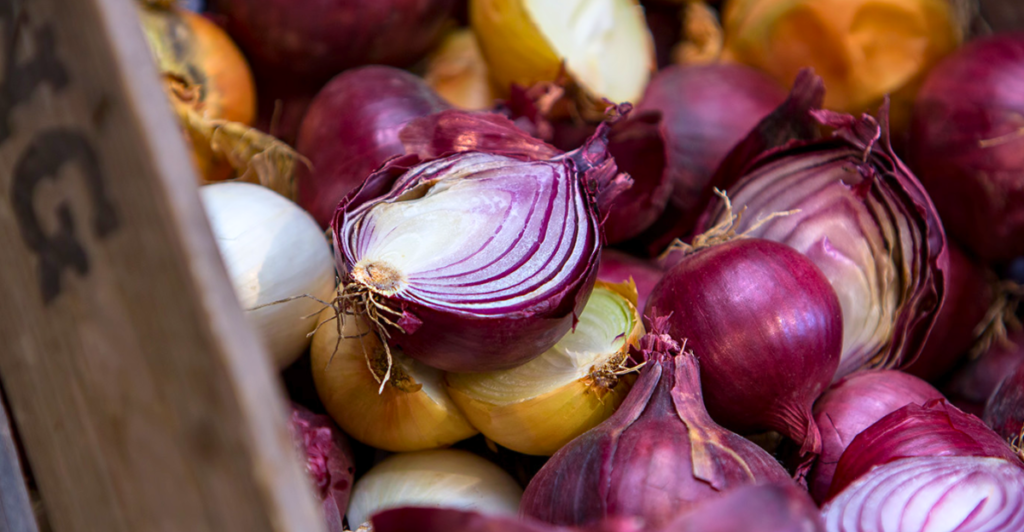
Onions, much like garlic, emit a potent odor that raccoons can’t stand. Chopped onions placed strategically around your yard can serve as a temporary barrier. However, replace them frequently as they decompose, losing their effectiveness.
2024 Pest Control Trends: A Shift Towards Natural Solutions
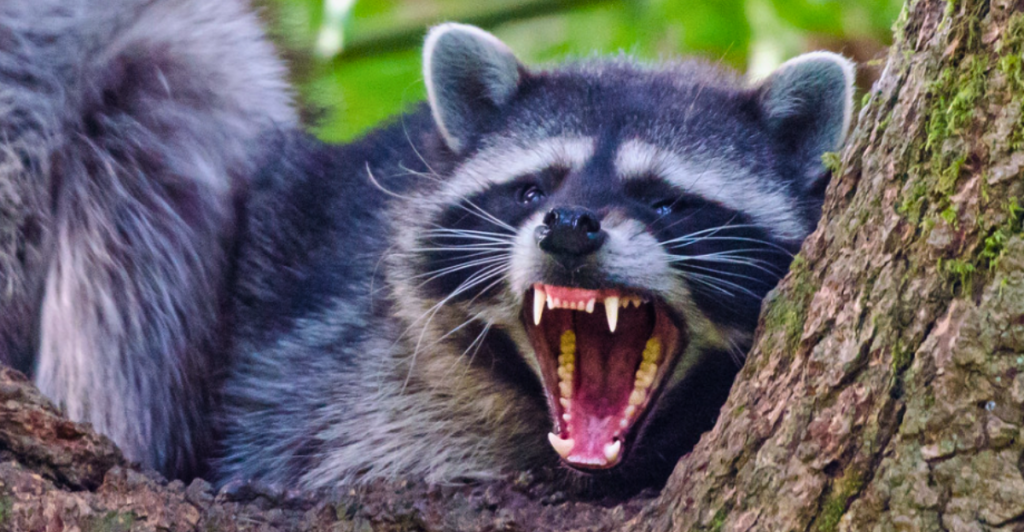
The rise in urban raccoon populations has led to an increased demand for natural repellents. According to the 2024 Urban Wildlife Survey, 63% of homeowners now prefer eco-friendly pest control methods over traditional chemical-based solutions. Peppermint oil, vinegar, and cayenne pepper rank among the most commonly used natural deterrents.
Further research from the North American Wildlife Institute highlights the importance of combining these smells with proper sanitation practices. Keeping trash bins sealed, removing outdoor pet food, and maintaining a clean yard are critical steps in reducing raccoon activity.
While these smells can be effective, some pose risks to pets and children. Experts recommend placing deterrents out of reach and opting for less toxic options like essential oils when safety is a concern. Additionally, always test sprays on small areas to avoid damage to plants or surfaces.
The Bigger Picture: Coexisting with Urban Wildlife
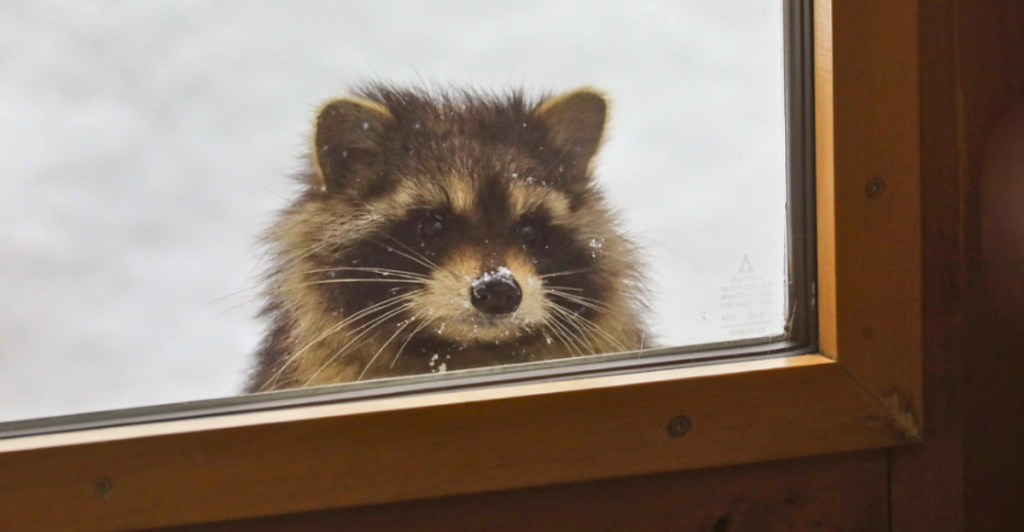
Raccoons are highly adaptable creatures, thriving in urban environments due to easy access to food and shelter. While deterring them is essential to protecting homes and gardens, it’s equally important to approach the issue humanely. Non-lethal deterrents, combined with proper waste management, can ensure a balance between human and wildlife coexistence.
For those struggling with persistent raccoon problems, consulting a wildlife control professional is advised. These experts can tailor solutions to specific environments while adhering to local regulations regarding wildlife management.
Understanding the smells that raccoons can’t stand is a simple yet effective way to prevent them from invading your space. From ammonia and vinegar to peppermint oil and garlic, these natural solutions offer an affordable and humane approach to pest control. With urban raccoon populations on the rise in 2024, taking proactive steps can save homeowners from sleepless nights and damaged property.
By integrating these odor-based repellents into your pest control strategy, you can create a raccoon-free environment while minimizing harm to other animals and the ecosystem.
Stay connected with us for more stories like this! Follow us to get the latest updates or hit the Follow button at the top of this article, and let us know what you think by leaving your feedback below. We’d love to hear from you!







